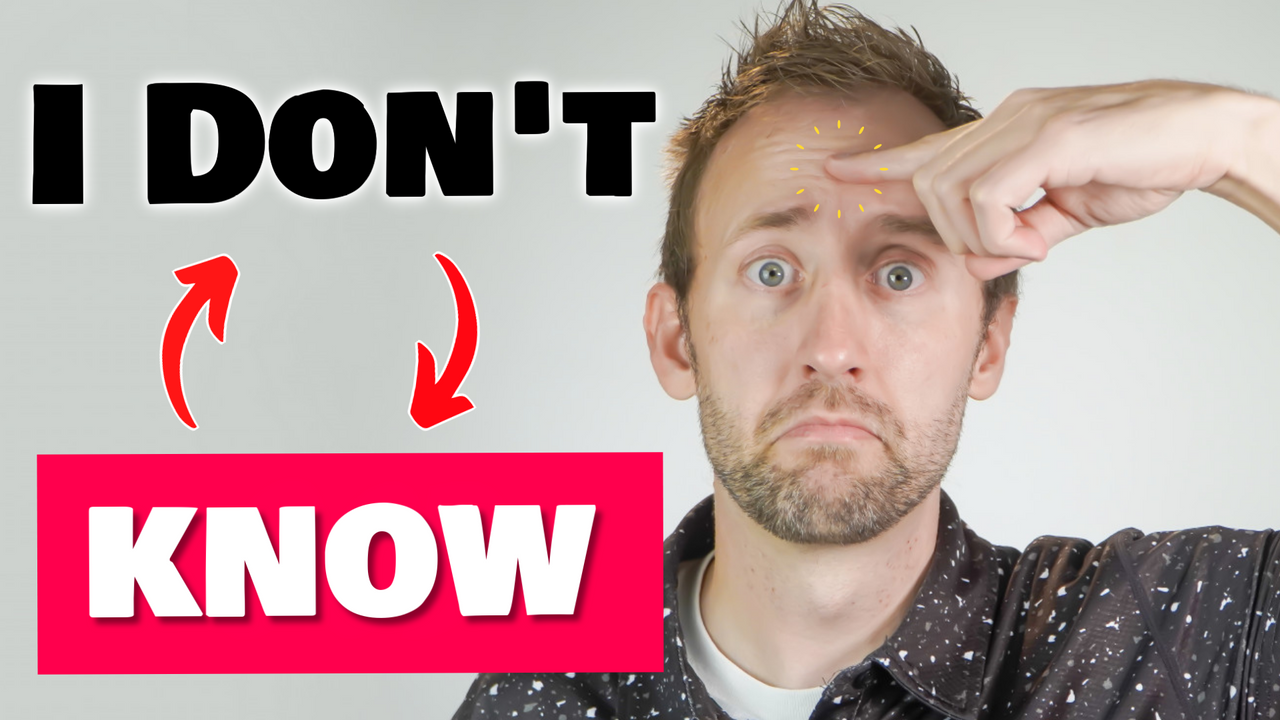Why you have FALSE memories and what to do about it
Oct 19, 2022
False memory OCD
When I was young, I remember me and my cousins jumping down the stairs to see how many we could do. It was fun and exciting until I ended up in the hospital. You see, I have a memory of myself about to jump and instead being pushed. I tumbled down the stairs and broke my leg. That's when my memory gets fuzzy. But I am sooooo sure that I was pushed.
Recounting this event with my siblings, they claim, I jumped. So, why can I feel, think, and experience something that seems sooooo real and yet, others have a different story. In fact, I feel is so strong that I am maybe 95% sure it happened the way my brain said it did.
Here's the thing though.....I'm probably wrong.
Having a false memory can happen to anyone. When we attempt to remember something from the past so our brain goes into overdrive and puts some false nuggets of information in there. The reason that our memories are so all over the place is because there is simply too much information presented in front of us. Our body and brain are built to notice everything. And I mean, everything. Our senses take a lot of the work. Things we smell, taste, feel, touch, and see.
Why we have false memories
What ultimately happens is that our brain fills in the gaps. It's taking what we think we know of the world and attempting to remember a past event. It can solidify it so strongly that we have a difficult time disputing it, and if we do, we can feel doubt and question.
Most of the time, it's not an issue. A thought is a thought right. I mean, does it matter if the memory of my event actually happened or not. Not really. This applies to most people. There aren't huge consequences to having some false memories.
Here is where people get in trouble. When this past memory put on it's own meaning. It's an obsession and the person spends every minute of the day trying to remember. It's life and death because if their event actually was true it would mean they are a bad person, cheated, lied, unworthy or undeserving or whatever else the brain says it means.
Typically this happens more to those who have Obsessive-compulsive disorder and the theme is considered false memory OCD or real event OCD. False memories can be completely made up. There is no base or foundation to their story. Instead, 100% of it is made up. It can be connected to a real moment like mine and the brain fills in the gaps.
Either way, it can be a painful experience. Here's an example. I'm not sure if looked at that person inappropriately. I'm not sure if I filed my taxes honestly. I'm not sure if I actually pushed someone down the stairs. I'm not sure if my intentions were evil. I'm not sure if I repented enough. It can make people doubt things even scarier.
Real Event OCD
When it comes to real experiences, this is where someone is not willing to allow themselves to move forward from past mistakes. I often here the phrase from my clients. "If people knew who I really was, they would shun me or lock me away." They are so ashamed of their past and yes, people have done some terrible things...but guess what is more important. You're living life RIGHT NOW. Like today! In this moment.
In my opinion, past experiences are to be learned from. There doesn't need to be a scale from 0-10 how bad it was. Instead, what can I learn from this experience and allow myself to move on. When it comes to false memories infiltrating these real memories, that is where we use treatment.
Typically we are using exposure and response prevention. If we are unsure about a memory or are guessing. It's okay to keep it uncertain. It's okay to say, "maybe it happened that way...maybe not." Because what I often see, is that people get stuck replaying memories and reassuring themself that what they remember happening isn't really them and it probably didn't happen. That gives OCD and anxiety some fuel to say...."yooooo, you just used logic" Let me throw some back...."are you sure though....how can you be sure?"
Cycle of OCD
Then this is where the cycle continues and continues. We expose ourselves to the possibility that the thought could be true, but aren't reacting as if it is. We're living life TODAY. Stop punishing yourself for the things you may or may not have done or the things you actually did do. Instead, what are you going to do today that is worthwhile.
It's okay to have false memories. It's not your job to figure them out. Just focus on today and when that thought comes back up, you answer can be...thanks for the memory. Yep. Cool. Maybe. Sure. Sweet. Nice. Practice noticing the thought and respond differently than being an investigator.
Have you experienced false memories before? What did they look like?
To better your skills and prepare when these false memories come up. I created 10 treatment tips to help you with those false memories and real event moments. Go watch them here to stay one step ahead of this thing.















